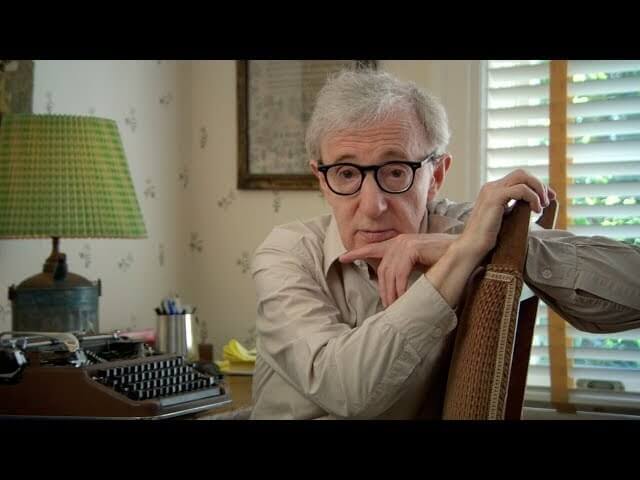Read This: Ronan Farrow on how the press protects his estranged father, Woody Allen

A week ago, The Hollywood Reporter ran an interview with Woody Allen that managed to be disturbing even while ducking the damning charges of child sexual abuse that have been levied against him by his now-grown daughter, Dylan Farrow. Now the publication has asked Allen’s estranged son, journalist Ronan Farrow, to pen a response to that article. Farrow uses this opportunity to discuss how the press tends to protect and close ranks around powerful men like Allen in situations like these. It’s an issue Farrow knows all too well from his own professional history. In 2014, he was scheduled to interview Mark Whitaker, author of a Bill Cosby biography entitled Cosby: His Life And Times. Whitaker’s book omitted the charges of sexual misconduct against Cosby, and Farrow was limited to asking Whitaker only one question about the topic. In so doing, Farrow felt he became part of the problem. “I’m ashamed of that interview,” he now says. He sees the same thing happening in media coverage of Allen. The famed writer-director has high-powered publicists at his disposal and has worked with many of Hollywood’s top stars, recently including Louis CK and Miley Cyrus, so media outlets are wary of bringing up these uncomfortable accusations.
As for the charges his sister made against his father, Farrow is unambiguous: “I believe my sister.” He admits that he tried mightily to distance himself from the entire situation, but no more. The standard defense of Allen, Farrow explains, is that he was never convicted of any crimes in the case. That doesn’t tell the whole story, though. In this particular instance, the case was “not pursued” because of the perceived “fragility of the child victim,” who had already had to repeat her traumatic story again and again to third parties. What is the press to do in situations like these, when abused women have been denied their day in court? “A reporter’s role isn’t to carry water for those women,” Farrow writes. “But it is our obligation to include the facts and to take them seriously. Sometimes, we’re the only ones who can play that role.”